Director of Communications, University of Michigan Rogel Cancer
Fawcett leads a team of communicators who produce targeted, innovative communication for the Rogel Cancer Center’s research and clinical enterprises. Prior to Michigan Medicine, Fawcett was a reporter at the Detroit News and editor for a web-based community for people with disabilities.


Health Lab
A new tool uses expressive writing to help cancer patients, others cope with life challenges during the coronavirus pandemic.

Health Lab
The disproportionate effect COVID-19 has had on Black Americans may worsen existing racial and ethnic disparities in cancer care, and make health equity harder to achieve.

Health Lab
A new study shows tumor cells eat up a key amino acid, depriving immune cells of it, which prevents them from fighting off cancer.
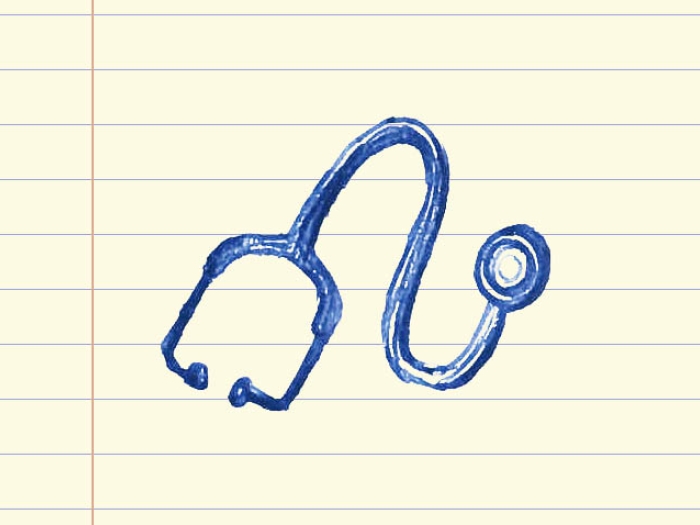
Health Lab
Women professors of medicine were significantly less likely than men to hold an endowed chair position, even when factoring in qualifications and experience.
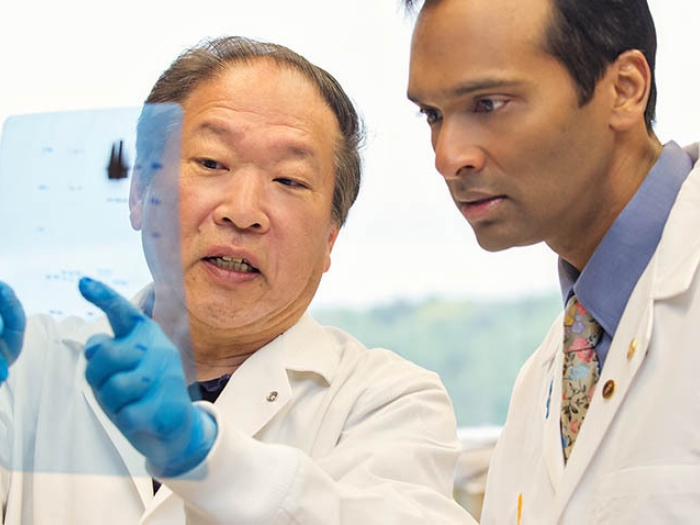
Health Lab
Is there a connection between COVID-19 and cancer? Researchers at Michigan Medicine looking to prostate cancer research in the fight against coronavirus.
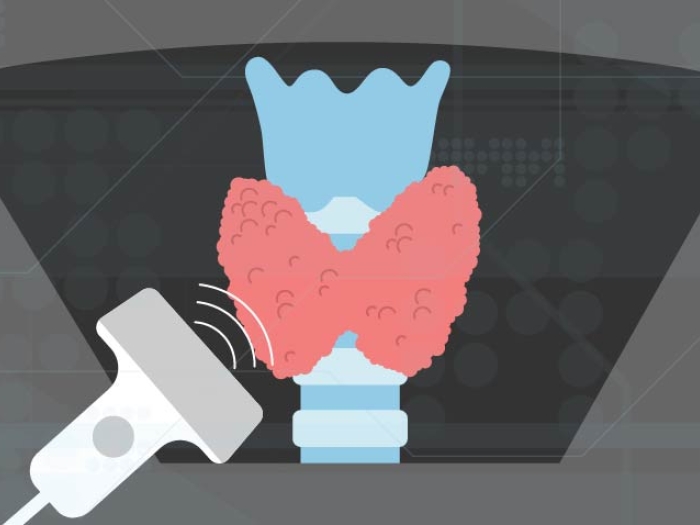
Health Lab
While most thyroid ultrasound orders are warranted, researchers say guidelines could be clearer to help reduce over diagnosis of thyroid cancer.
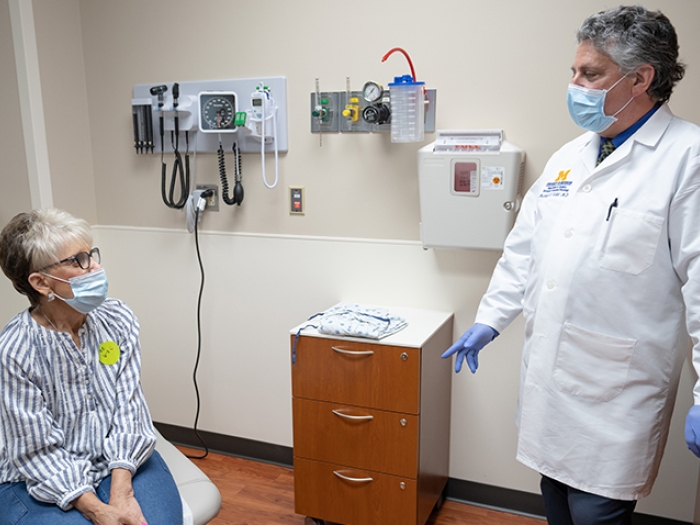
Health Lab
A Rogel Cancer Center team created a guide to help providers navigate difficult conversations due to the coronavirus.

Health Lab
Hospital fundraising provides critical resources, but a new study looks to ensure it’s done effectively and ethically.

Health Lab
A new study finds fewer women publishing COVID-related papers, especially in early days of pandemic.

Health Lab
A new precision medicine analytics tool called TransPRECISE developed to help oncologists with cancer treatment and research.

Health Lab
A new perspective published in the New England Journal of Medicine outlines the importance of standing up and intervening in instances of gender bias and sexual harassment as an ethical obligation.

Health Lab
Cervical cancer is considered preventable in its early stages, but without breaking down barriers to prevention, women in certain countries remain at high risk.
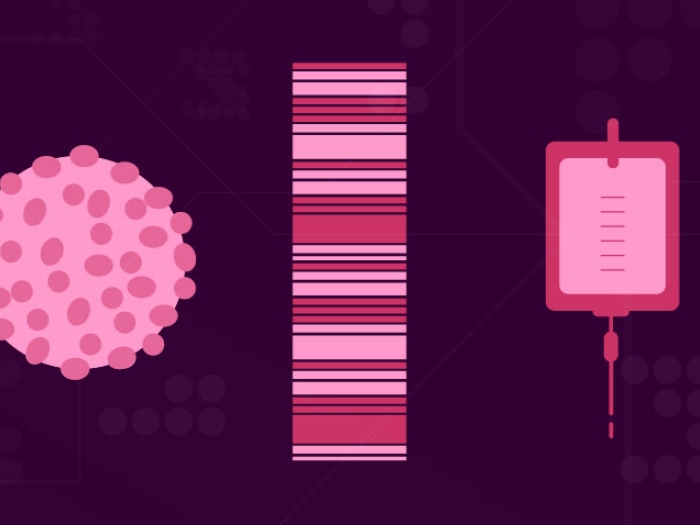
Health Lab
Breast cancer patients who test positive for an inherited genetic mutation, such as having the BRCA1 or BRCA2 gene, may be receiving treatment based on future cancer risk, rather than guideline approved treatments for their diagnosed cancers, study finds.
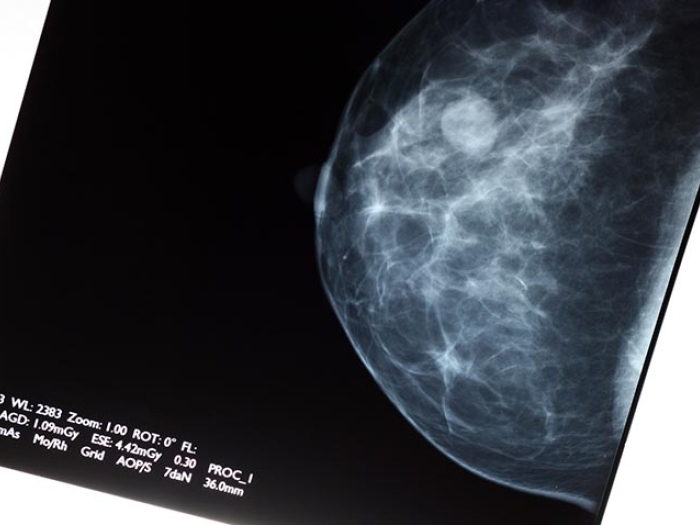
Health Lab
Mammograms, an essential part of breast cancer screening, could increase overall health outcomes if performed annually according to a new study.

Health Lab
A survey of Medical School faculty describes the impact of sexual harassment on physicians, helping leaders to outline paths to promote a culture of civility and respect.